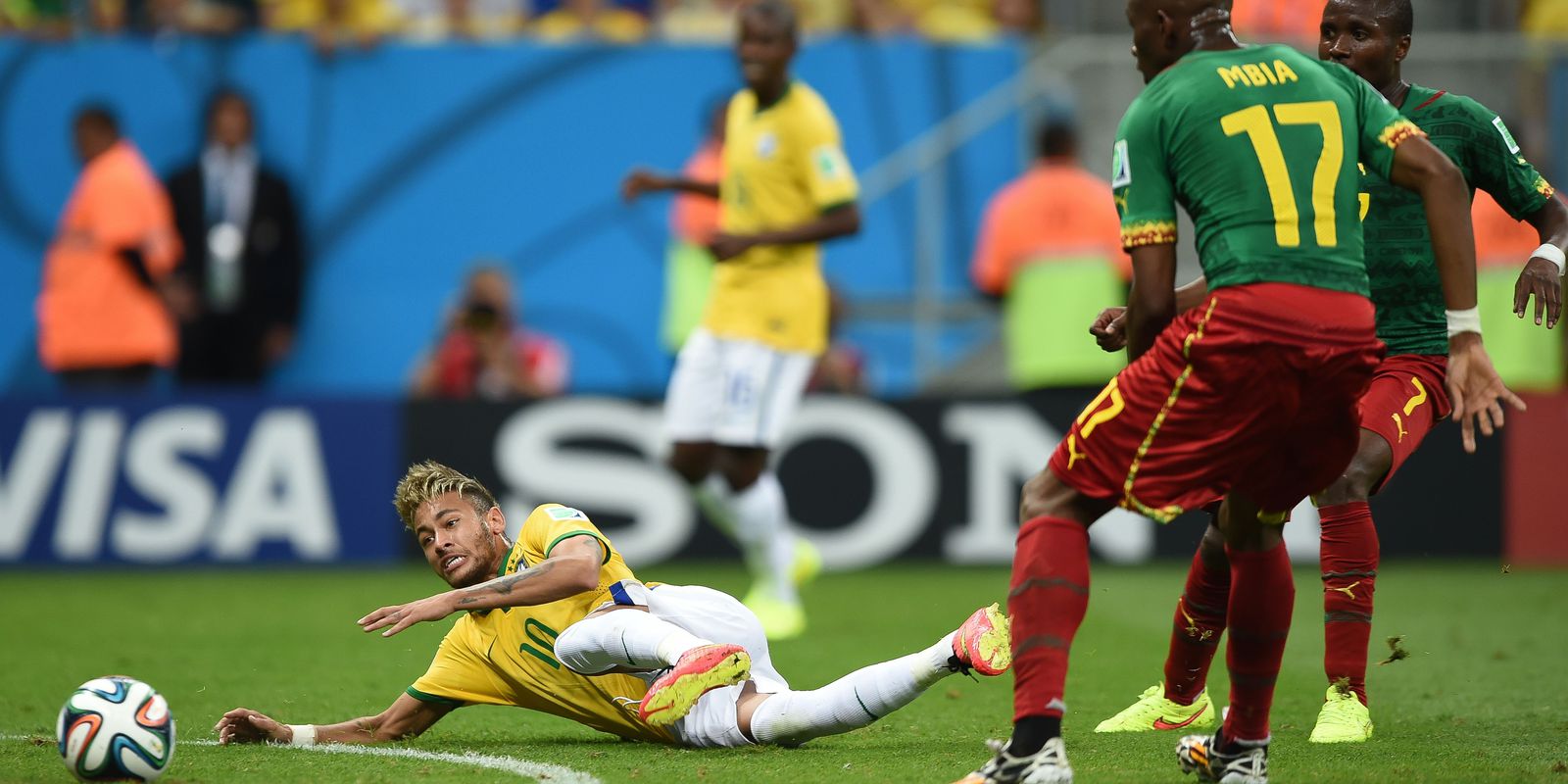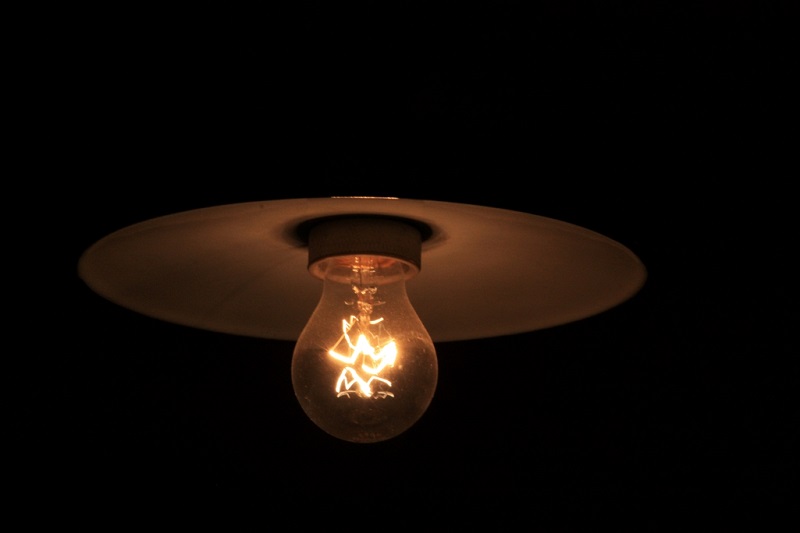Younger ones cannot remember, but there was a year when Brazilians cheered for Cameroon. In the Italian Cup (1990), after the selection was eliminated by Argentina, the whole country changed the yellow shirt for the green one and hoped that the Indomitable Lions managed to go as far as possible. The epic ended in the quarterfinals, but Cameroon of the mythical goalkeeper N´Kono and striker Roger Milla put the country definitively on the map of world football.
The draw meant that, in the next Cup, in the United States (1994), the Cameroonians crossed paths with Brazil. In the group stage, it was a mere formality for Romário, Bebeto and even Márcio Santos to score 3-0 into goalkeeper Bell’s net.
? We hope Roger Milla’s shaking those hips like only he can – it’s the #WorldCup legend’s 68th birthday ? pic.twitter.com/UKaKGxSbfg
— FIFA World Cup (@FIFAWorldCup) May 20, 2020
After that, the two teams only met again in the 2014 World Cup, at the Mané Garrincha stadium, in Brasília. More and more away from the best days, Cameroon fell by 4 to 1 without offering the slightest resistance. Neymar, twice, Fred and Fernandinho were the authors of the goals that afternoon, classifying the team for the round of 16.
Tite can still use in 2022 three remaining members of that team: Daniel Alves, Thiago Silva and Neymar. Meanwhile, the Lions, after the feat of 1990, never got past the first stage of a World Cup, accumulating early eliminations and roaring ever lower.
The team led by Tite also played a friendly match in England, in 2018, against Cameroon. The victory was thin: 1 to 0, Richarlison’s goal.
The only negative memory that the African team brought up to date, apart from a victory in the Confederations Cup in 2003, was the elimination in the quarterfinals of the Olympic Games in Sydney (2000). For many, the Olympic team cannot be equated with the senior team, but the bitter taste of elimination, with a golden goal in overtime, wreaked havoc for coach Vanderlei Luxemburgo.
It was an unusual game. Mboma made it 1-0 in the 1st half. Cameroon had two players sent off and Brazil only managed to draw in the 49th minute of the 2nd half, with a free kick by Ronaldinho Gaúcho. With that extra dose of encouragement, the game went into overtime and, even with two more men, the team conceded a goal from M’Bami. The gold medal was gone and Cameroon walked towards an unlikely and unique title. Eliminated Chile in the semifinals and overthrew Spain, in the final, on penalties. The medal that Brazilians were waiting for ended up on the chest of the generation of Samuel Eto´o (famous Cameroonian striker with passages for teams like Barcelona, Inter Milan and Chelsea).
Just out of curiosity, the selection was eliminated with Hélton; Baiano, Fábio Aurélio, Athirson (Roger) and Fábio Bilica (Lúcio); Álvaro, Marcos Paulo, Fabiano and Ronaldinho Gaúcho; Alex and Lucas (Geovanni).
“The tactic of the offside and the willingness of the Cameroonians unmasked the so-called modern Brazilian football. An ugly football and very poorly played on and off the field. On the field, players who did not demonstrate will, panache or technical quality”, proclaimed the following day’s Jornal do Brasil.
? Happy 4⃣0⃣th birthday to legendary Cameroon #WorldCup star and African icon Samuel Eto’o ?#HBD ?? @SamuelEtoo ?? @FecafootOfficie pic.twitter.com/wNjn9tQP9w
— FIFA World Cup (@FIFAWorldCup) March 10, 2021
In a short time, Brazilians had already forgotten the embarrassment and began to sing throughout the country’s stadiums the song: “Obina is better than Etooooo”.
Ah, yes, for the younger ones, Obina was a Flamengo player who never participated in a World Cup, nor an Olympics, and maybe he wasn’t even better than Eto’o.
















